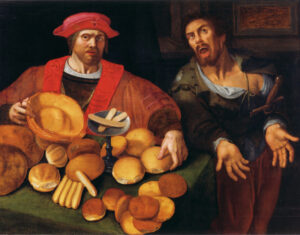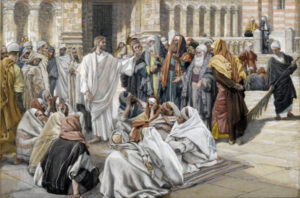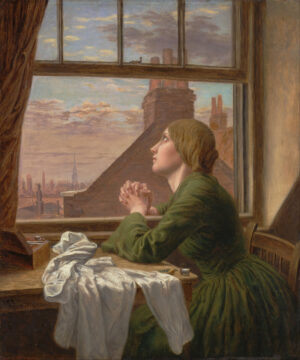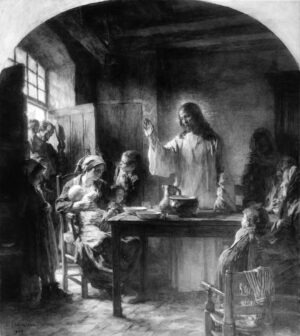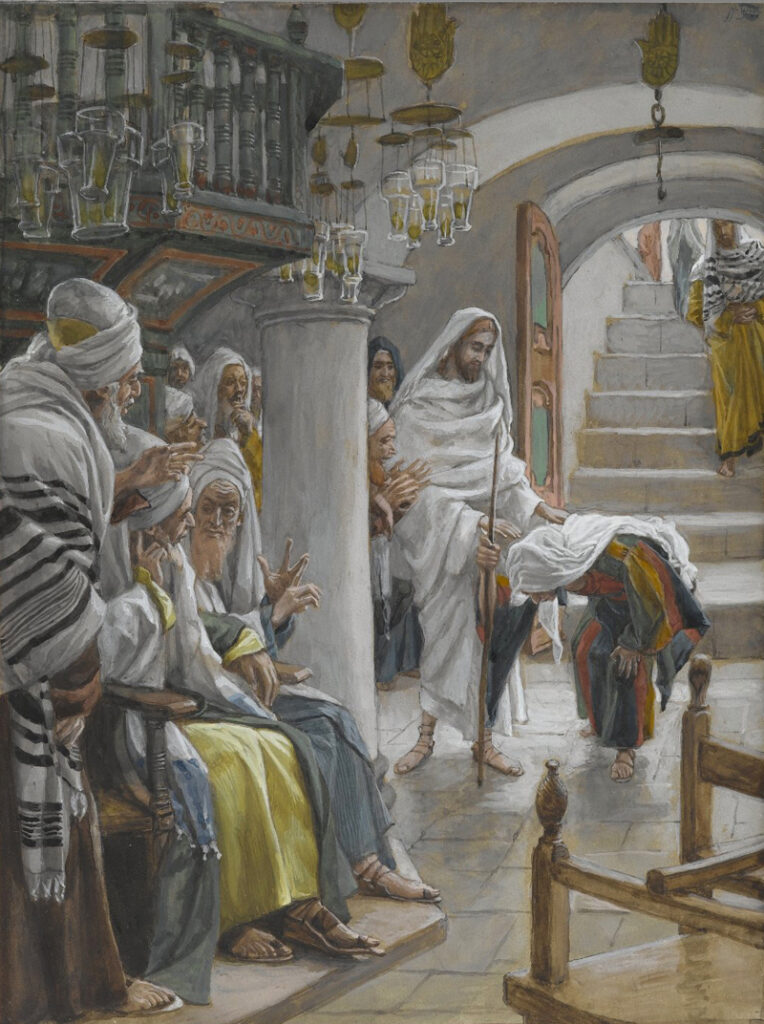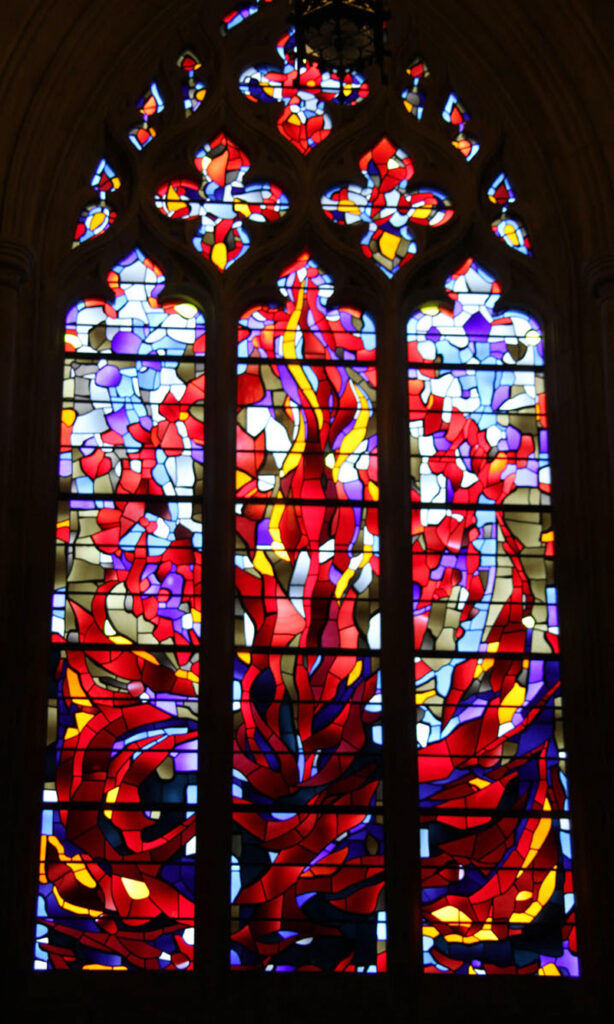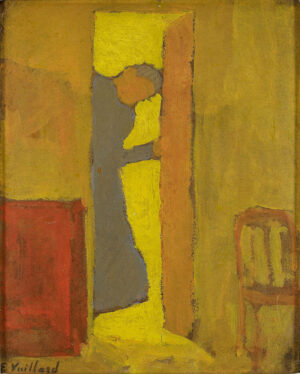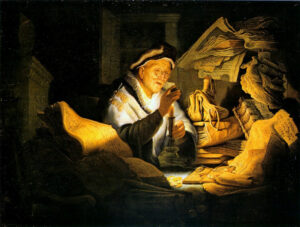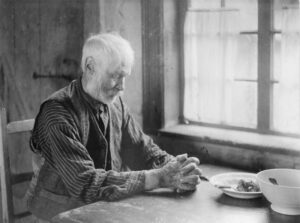Sixteenth Sunday after Pentecost
READINGS FOR THE COMING WEEK
- First reading and Psalm
- Jeremiah 32:1-3a, 6-15
- Psalm 91:1-6, 14-16
- Alternate First reading and Psalm
- Amos 6:1a, 4-7
- Psalm 146
- Second reading
- 1 Timothy 6:6-19
- Gospel
- Luke 16:19-31
The gospel from Luke:
Jesus said this parable: “There was a rich man who was dressed in purple and fine linen and who feasted sumptuously every day. And at his gate lay a poor man named Lazarus, covered with sores, who longed to satisfy his hunger with what fell from the rich man’s table; even the dogs would come and lick his sores.
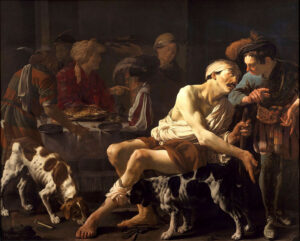
1625 Terbrugghen, Hendrik
Centraal Museum
Utrecht, Netherlands
https://diglib.library.vanderbilt.edu
The poor man died and was carried away by the angels to be with Abraham. The rich man also died and was buried. In Hades, where he was being tormented, he looked up and saw Abraham far away with Lazarus by his side. He called out, ‘Father Abraham, have mercy on me, and send Lazarus to dip the tip of his finger in water and cool my tongue; for I am in agony in these flames.’
But Abraham said, ‘Child, remember that during your lifetime you received your good things, and Lazarus in like manner evil things; but now he is comforted here, and you are in agony. Besides all this, between you and us a great chasm has been fixed, so that those who might want to pass from here to you cannot do so, and no one can cross from there to us.’
He said, ‘Then, father, I beg you to send him to my father’s house–for I have five brothers–that he may warn them, so that they will not also come into this place of torment.’ Abraham replied, ‘They have Moses and the prophets; they should listen to them.’
He said, ‘No, father Abraham; but if someone goes to them from the dead, they will repent.’ He said to him, ‘If they do not listen to Moses and the prophets, neither will they be convinced even if someone rises from the dead.'”


